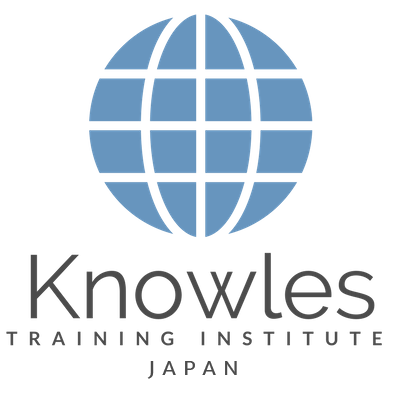Being Flexible Lunch & Learn Talk in Japan
In the fast-paced and ever-changing landscape of Japanese business, adaptability and flexibility are not just desirable traits – they’re indispensable skills that can spell the difference between success and stagnation. Join us for an enlightening Lunch & Learn Talk where we’ll explore the importance of being flexible and adaptable in the unique context of Japanese culture. In this interactive session, we’ll delve into the principles of flexibility, share practical strategies for embracing change, and empower you to thrive in the face of uncertainty and complexity.
Amidst Japan’s dynamic business environment, the ability to adapt and pivot quickly is key to staying relevant and resilient. Through engaging discussions and real-life examples, we’ll uncover the secrets to cultivating flexibility in your approach to work, relationships, and challenges. Join us as we embark on a journey of self-discovery and growth, equipping you with the tools and mindset needed to navigate the ever-changing landscape of Japanese business with confidence and agility.
Talk Objectives:
- Understanding the Importance of Flexibility: Ensure attendees grasp the significance of flexibility in the context of Japanese business culture, where rapid changes and unexpected challenges are common occurrences. This objective aims to highlight how being flexible can lead to increased resilience, innovation, and overall success in the workplace.
- Exploring Cultural Perspectives: Discuss cultural perspectives on flexibility in Japan, including the balance between tradition and innovation, hierarchical structures, and the importance of adapting to societal norms and expectations. This objective involves examining how cultural factors influence attitudes towards change and flexibility in the Japanese business context.
- Embracing Change: Encourage attendees to embrace change as an opportunity for growth and learning, rather than viewing it as a threat or obstacle. This objective aims to shift attendees’ mindset towards change from one of resistance to one of acceptance and proactive adaptation.
- Developing Adaptive Strategies: Provide practical strategies for developing adaptive skills and behaviours, such as resilience, problem-solving, and creativity, that enable individuals to navigate uncertain and changing circumstances effectively. This objective involves sharing techniques for staying flexible in the face of ambiguity and complexity.
- Enhancing Communication: Explore the role of effective communication in fostering flexibility within teams and organisations, including strategies for open dialogue, active listening, and collaboration. This objective aims to improve attendees’ ability to communicate their needs, ideas, and concerns in a flexible and constructive manner.
- Building Resilience: Discuss the importance of resilience as a component of flexibility, and provide tools and techniques for building resilience in the face of setbacks, failures, and unexpected changes. This objective aims to help attendees bounce back from challenges with renewed determination and adaptability.
- Adapting Leadership Styles: Explore different leadership styles that promote flexibility and adaptability, such as transformational leadership, servant leadership, and situational leadership. This objective involves helping leaders understand how to adjust their leadership approach based on the needs and dynamics of their team and organisation.
- Creating a Culture of Flexibility: Discuss strategies for fostering a culture of flexibility within organisations, including promoting experimentation, autonomy, and continuous improvement. This objective aims to create an environment where employees feel empowered to innovate, take risks, and adapt to changing circumstances.
- Managing Change Effectively: Provide guidance on managing change initiatives effectively, including communicating change, addressing resistance, and supporting employees through transitions. This objective aims to equip attendees with the skills and knowledge needed to lead or participate in change efforts with confidence and resilience.
- Measuring and Evaluating Flexibility: Offer tools and frameworks for assessing and evaluating flexibility within teams and organisations, including metrics for measuring adaptability, agility, and responsiveness. This objective aims to help attendees track their progress in developing flexible capabilities and identify areas for further improvement.
In conclusion, mastering the art of flexibility is essential for thriving in the fast-paced and ever-evolving landscape of Japanese business. Don’t miss the opportunity to enhance your adaptability skills and unlock new possibilities for success. Reserve your seat for our “Being Flexible” Lunch & Learn Talk today and embark on a journey of self-discovery and growth. Join us as we explore practical strategies, share valuable insights, and empower you to navigate change with confidence and resilience.
Secure your spot now and invest in your future. Take the first step towards becoming a more adaptable and resilient professional by registering for our Lunch & Learn Talk. We look forward to welcoming you to an enriching session where you’ll gain practical skills, connect with like-minded individuals, and discover how flexibility can be your greatest asset in the dynamic world of Japanese business.
More Information:
Duration: 60 minutes
Fees: $1299.97 USD 661.00
For more information please contact us at: contact@knowlesti.co.jp
If you would like to register for this talk, fill out the registration form below.

